A How To Guide To SEO And Marketing Strategy
SEO And Marketing Strategy
This document serves as a detailed guide for professionals seeking to enhance their
understanding of SEO, keyword intent, Google Trends analysis, and effective marketing
strategies. It combines insights from various domains, including writing, website promotion,
social media marketing, and SEO optimization, to provide a holistic approach to digital
marketing.
Understanding SEO and Keyword Intent
What is SEO?
Search Engine Optimization (SEO) is the practice of enhancing a website’s visibility on search
engines like Google. The goal is to increase organic traffic by improving rankings for relevant
keywords.
Keyword Intent
Keyword intent refers to the purpose behind a user’s search query. Understanding this intent
is crucial for creating content that meets user needs. There are generally four types of
keyword intent:
- Informational: Users seek information (e.g., “What is SEO?”).
- Navigational: Users look for a specific website (e.g., “Facebook login”).
- Transactional: Users intend to make a purchase (e.g., “buy running shoes”).
- Commercial Investigation: Users are researching products before buying (e.g., “best
running shoes 2023″).
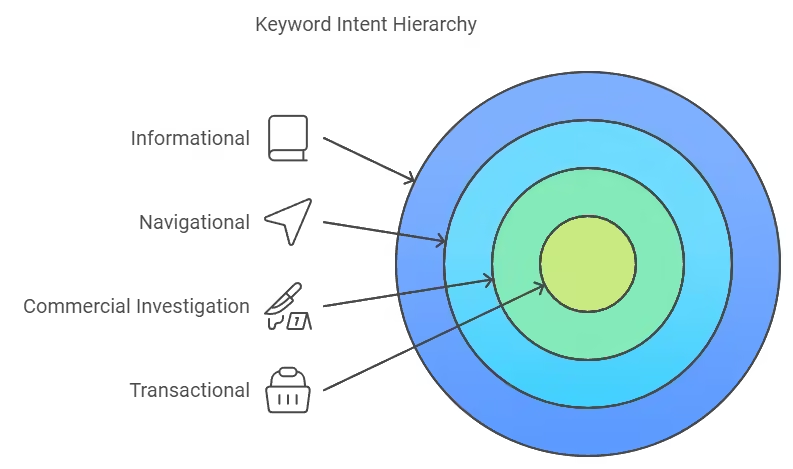
Google Trends Analysis
Utilizing Google Trends
Google Trends is a powerful tool for analyzing search behavior over time. It helps identify
trending topics, seasonal fluctuations, and regional interests. By leveraging this data,
marketers can tailor their strategies to align with current consumer interests.
Steps for Effective Analysis
- Identify Relevant Keywords: Use Google Trends to find keywords related to your
niche. - Analyze Trends Over Time: Look for patterns in search volume to anticipate peak
times for content creation. - Compare Keywords: Assess the popularity of multiple keywords to determine which
to target.
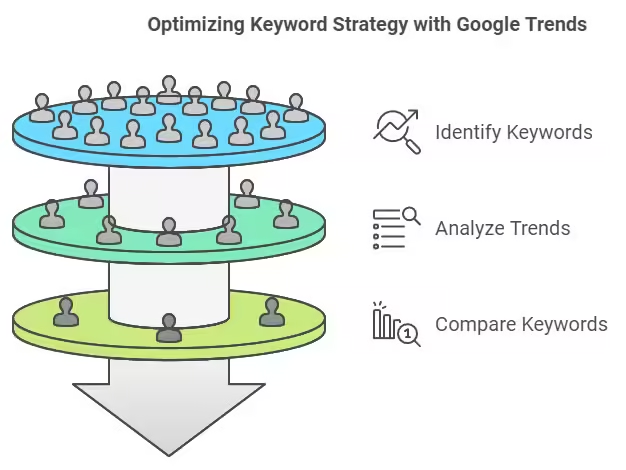
Marketing Strategy Development
Crafting a Marketing Strategy
A successful marketing strategy integrates SEO, content marketing, social media, and paid
advertising. Here are key components to consider:
- Target Audience: Define your ideal customer profile.
- Content Creation: Develop high-quality, relevant content that addresses user intent.
- Social Media Engagement: Utilize platforms to promote content and engage with your
audience. - Performance Metrics: Establish KPIs to measure the effectiveness of your marketing
efforts.
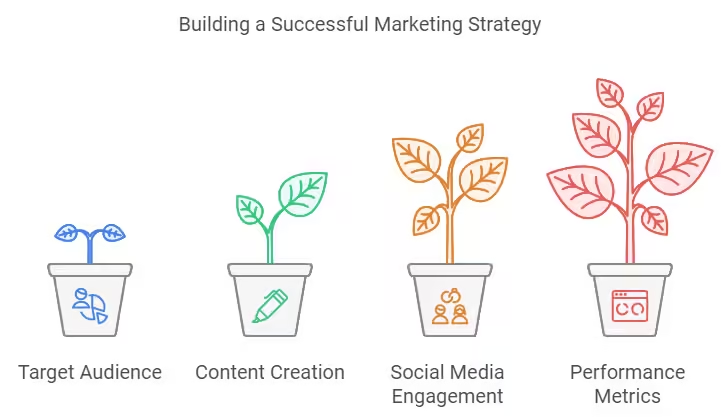
Writing for SEO
Best Practices for SEO Writing
- Keyword Placement: Incorporate keywords naturally in titles, headers, and throughout
the content. - Content Length: Aim for comprehensive content that thoroughly covers the topic.
- Readability: Use clear, concise language to enhance user experience.
- Internal Linking: Link to other relevant pages on your website to improve navigation
and SEO.
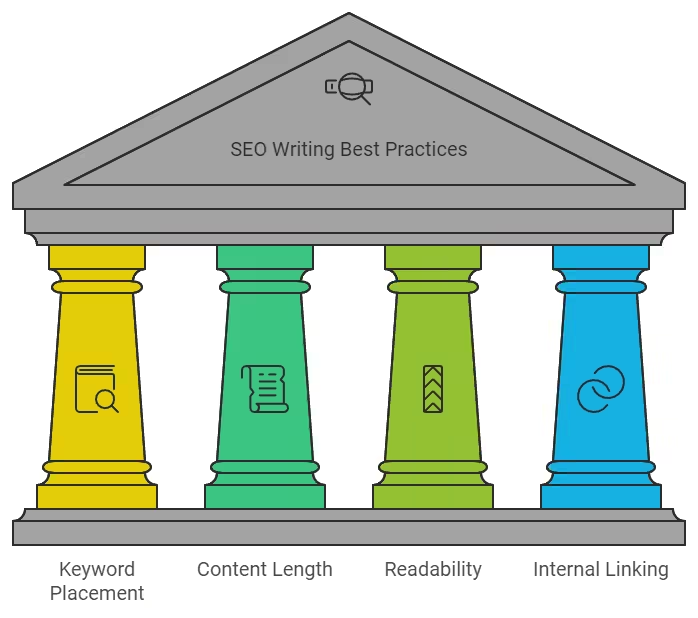
Website Promotion Techniques
Effective Website Promotion
- SEO Optimization: Ensure your website is optimized for search engines.
- Social Media Marketing: Share content across social media platforms to drive traffic.
- Email Marketing: Use newsletters to keep your audience informed and engaged.
- Influencer Collaborations: Partner with influencers to reach a broader audience.
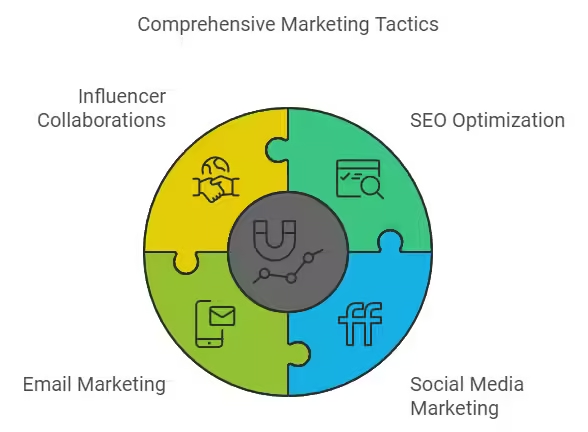
Conclusion
In conclusion, mastering SEO, keyword intent, Google Trends analysis, and marketing
strategies is essential for any digital marketer. By understanding these concepts and
implementing best practices, professionals can significantly enhance their online presence
and drive meaningful engagement with their target audience.
Contact Web Promote Pro today for a personalized professional website promotion strategy tailored to your business goals. We’ll help you maximize your online presence and grow your brand with a data-driven approach.
Exclusive Limited-Time Offer:
Do you have questions about website promotion? For a limited time, ask your professional website promotion questions for FREE! Let our experts at Web Promote Pro guide you on the path to success. Contact us today!






